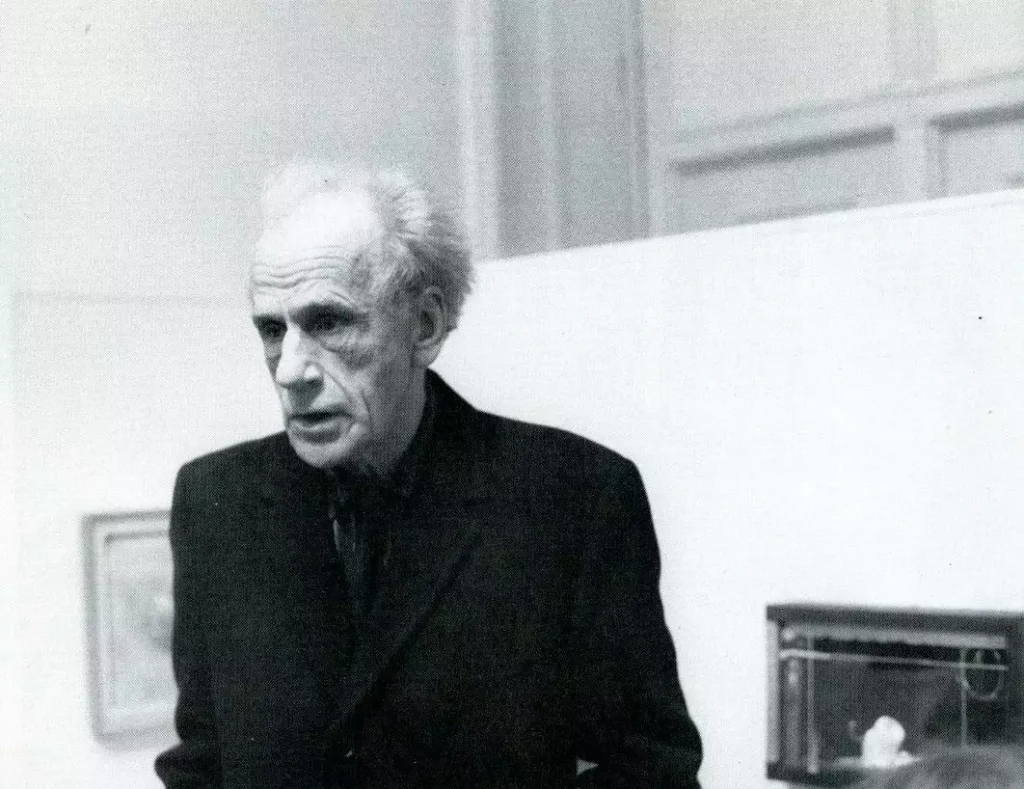by Fraser Hibbitt for the Carl Kruse Blog
I can’t think of a biography that I have read. I’m still thinking about whether I have read an autobiography. A part of me presumes they are second-rate. I don’t like it when people are too knowledgeable about other people, or about themselves. It is very easy then to say “oh, so and so, I know so and so!”. I cannot help wanting to laugh at the thought of someone happy about being an intellectual “authority” on another human being. I’m happy to hear, and curious about, stories of people, of course. In London, they have blue plaques on houses to show you that at a certain time so and so lived here and it triggers something I am not sure of. But it sure makes me stop like I stop at traffic lights; warily, there’s death on the road. We celebrate to ward off memory loss, often half-knowingly. Some have thought that we inherit a kind of memory from our ancestors; a sort of primordial structure of our being that dwells in our depths. How this manifests is another thing altogether. We repeat the same mistakes anyway. We can happily, though with a guise of sternness and up-to-date reason, still go to war, brutalise history and ourselves because as Pascal loved to say “someone lives on the other side of a river”. War became truly absurd after the Second World War. Compare A Farewell to Arms with Slaughterhouse Five and the respect people pay to those novels. That is at least one reason why we write incessantly about things that happen and people that do: memory-loss. Now, I have enjoyed collections of letters, excerpts from diaries; reading those is like taking a break from playing with the vague apparitions of other people. We love their style so, but here is a solid testament at least; no, they are still as vague, but some semblance of solidity arises, a beauty of their style lives on, or some of their repugnance. I like both. I don’t think I’m alone in that.
This is strictly speaking. We all know things, some too much, about people, and what we know of them is coloured with all sorts of judgments and imitations. But, trusting oneself enough, there is a point perhaps less fleshed out. How did they live? Really, I am not so sure how I live…it’s true, today I have been here and there, sat motionless, moved at train speed without an exertion of my limbs, walked in all kinds of ways but mostly the usual gait, have given much and little of myself to others. Let’s not bother deciphering the emotive life of one day for now. But could I approach that man or woman like I approach myself? A very normal question to ask and so Biography is a very normal genre. We live it. And we desire to feast on the dead, judge them, be enamoured-seduced by them. They are so full, and we are barely perceptible to ourselves. They warn us: You will be made to take on solidity.
It happens to be Spring where I live. Where is Spring felt but in fewer clothes and birdsong. Buds of trees are waxy and unfurling, The cherry blossom is out. I was out at a pub just this past weekend and sitting out front on a bench with a few others, the sun was going down and we were joking around about something to do with interviewing a new housemate for a room. In a brief lull, for being stupid needs rest – “so all is well with you?” – “yes. I am happy”. What sentimental stuff. But the conversation doesn’t linger anyway, it spreads around, volleys here and there, and now breaks off into groups.
The Spring evening has plenty for being alone. The early spring especially; everyone has left on some holiday which seems like a horrible thing to do. Here, you walk down a street usually busy with occupation and cars. Now, silence. The cars are slouching on the pavement and all life is above them, in the trees. An empty street and very welcoming. Instead of before, you get this one refrain and it feels sweet because it is from a bird. It was from a great tit sitting on the branch of a rowan tree that for better or worse has been planted in the sidewalk. The little bird pipes up and flits over to another branch. There is even enough time and space and silence to keep to its rhythm, every five stomping beats of your walk; there it goes again.
These things have their turn. You will jostle to the next moment the next street the next conversation with this calm flutter about you. When will it fade? Fairly soon, but no reason to lament, both conversation and perception go off in a flux; I could find no surprise, would have no objection, to someone saying that I am going off with them. Who would want to stay after they went? I think the tendency of the reincarnate is to be pleased with the body that has been gifted back to them by the same but never-old revolution of Spring.
Imagine: Someone, anyone, wakes up one morning. There is a slant light laying across the knees that have pitched the duvet. Listening to the first birds that have been at it since dawn, the person thinks: ”life is good, this is good, why cannot I not feel like this at all times? Why do I still feel, after all these years and moments of release, ever hampered ever taut?” After a few moments a thought approaches attention: “If I do wrong, if I do right, I ought to be full, there ought to be a way to get it all”. Will they remember this by the Summer? By the Winter? They have desacralized the Spring for another little human whim, a little nostalgic thought of a golden age. They should’ve stopped at the first clause and let it set them up for the inevitable loss. But who leaves a meal at the first bite?

This is for Joseph Cornell. He lived like a semi-hermit in New York City back in the early twentieth century. His world was bounded by an area in Queens and I’ve read that after a short stint away for education, he never left New York State again. He cared for his disabled brother and mother until they passed on; he would follow a few years later. Taking frequent trips to thrift shops, He would light upon things he felt held something precious, something that was once precious. He was also an early experimental filmmaker. His first film, a cut-up (I say cut-up, but don’t think of any Surrealist notion here, it is essentially a homage to the star actress of the flick) from a movie called East of Borneo, is quite dull; it outraged Salvador Dali because he had just had the idea of doing something like that with film and he in his usual humbleness acted like Cornell had stolen something from him. Dali told the shy man to stick to his “boxes”. Many find his boxes, or assemblages, beautiful. His later short films are attentive, endearing, approachable, like you have lived them, how you want to remember a day in the park, or a long summer as a child.
Visiting a flea market, a few bent-over figures here and there, a bushed-up long coat hovers over a selection of something; the gratings of metal sounds as the hand searches, turning things over, not so ponderously but enough for inspection. But Mr. Cornell is paying no attention to all this, he is flicking through worn out images from the 19th century. Why was he distracted by them? He will buy them regardless and find other things that feel connected. He will then assemble them in a box and have them all sit there magnetised in place. It can now be left off and called a circle complete. Now he knows how to visit. I don’t imagine him walking at random, finding these fit-for-purpose objects. He goes visiting and then is welcomed by his own freedom.
What did these little boxes mean to him aside from an order? A blind order has little point. Things do not fit together with your own personal mathematics alone. Desire induces them into place, into relation, take one thing out and the desire changes as the scheme changes. Whenever you are dissatisfied with the typicalities that are applied to creativity, it feels horribly isolating to have to try and get at what any of it is. Both in talking and in creating. Try talk about it with delicacy, and it can be pedantic, self-serving, or like drunk-talk about schemes that never come about. Still, it can be quite embarrassing not to dip your coin in the current currency. You are trying to force light with fuse-blown lightbulb. Then again, any object, any order, can be desirable for someone of the surrealist bent.
=====================
This Carl Kruse Blog homepage is at https://carlkruse.org
Contact: carl AT carlkruse DOT com
Other articles by Fraser include: Kurt Vonnegut and Oliver Sacks.
Also find Carl Kruse on an older blog and on Carl Kruse Tumblr.
